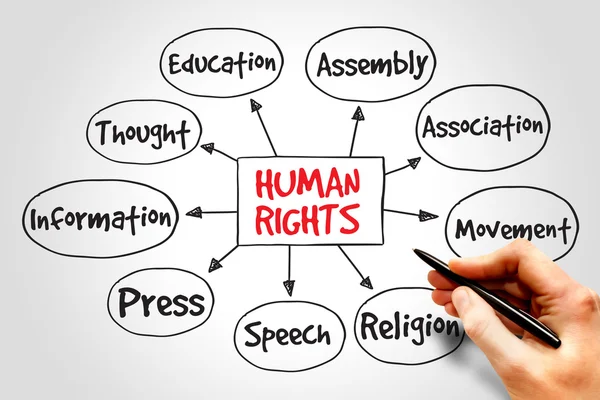
A former journalist, now retired, in the Eyes of the Believer column of the Catholic Times, gives us some thoughts for Human Rights Sunday, the second Sunday of Advent.
Case 1. "I hope that the National Assembly, politicians, and the Ministry of Strategy and Finance will give a clear answer to the desperate cry of people with disabilities who are crawling on the subways and colliding with citizens."
This is the voice that the National Solidarity for the Elimination of Discrimination against Persons with Disabilities used in their demonstrations: 'subway protest on the way to work that has been going on for 11 months. On three subway lines, citizens were late for work because of the protests. The writer couldn't escape these thoughts. "We also sympathize with the plight of the marginalized, but isn’t the reason for the existence of the government and politicians to mediate social conflicts?" Many people must have thought this while enduring great inconvenience.
Case 2. "It is very unfortunate that 158 young people lost their lives in the Itaewon disaster. I recently watched a video of a certain priest. At a rally to commemorate them, he was content to insist on identifying the cause of the disaster, preventing a recurrence, and punishing those responsible. He sympathized greatly as he said: ‘There is no neutrality in front of human suffering. But at the end of the speech, when the priest said the president should step down it was too much. The president is elected by the people, whether we like it or not. Isn’t it the principle of democracy to wait until the end of the term of office?" A classmate studying together at the seminary expressed passion mixed with concern.
On the occasion of the Second Sunday of Advent, the Catholic Church celebrates Human Rights Sunday and Social Doctrine Week. "What is social doctrine and why is it necessary? Isn’t it enough to be faithful only to God’s Word and religious life in the church?" Surprisingly, many believers feel unfamiliar with the term social doctrine and even say that it has nothing to do with them.
The social doctrine is the official teaching of the Church about society and the world: human work, economic life, political community, and environmental protection. In addition, it also deals with human rights, which are the basic rights necessary for human dignity. To put it simply, the first thing the catechumens learn is 'what we believe, and the second is 'what we do.
The basis of social doctrine comes from the words of Jesus: "Whatever you did not do for one of the least of these, you did not do for me."(Matthew 25:45). Jesus also demands attention and love for his neighbor who suffered in the Parable of the Good Samaritan Luke (10: 29-37). It is asking us to turn our eyes to society and the world, and not to stay within ourselves and the church. Also, it is to improve non-evangelical and inhumane situations such as moral corruption and violence in our daily lives and to reveal God's love.
Korean society and politics are divided into confrontation, conflict, and camp logic, and there is no good day. Would it be enough if we dismissed it as nothing new? In the meantime how should churches, priests, and believers live out and act on social doctrine? "Love represents the greatest social commandment. Love requires the practice of justice, and only love makes it possible for us to practice justice."
Pope Francis appeals to the world today for peace, justice, and universal brotherhood. "In the name of the poor, the miserable, the marginalized, and the needy, we declare: God has commanded us to help them. This is the duty of everyone, especially those who have wealth and property” (All Brothers, 285).
Instead of being believers who only put words first, let’s each become practitioners of the word of knowledge and conduct.